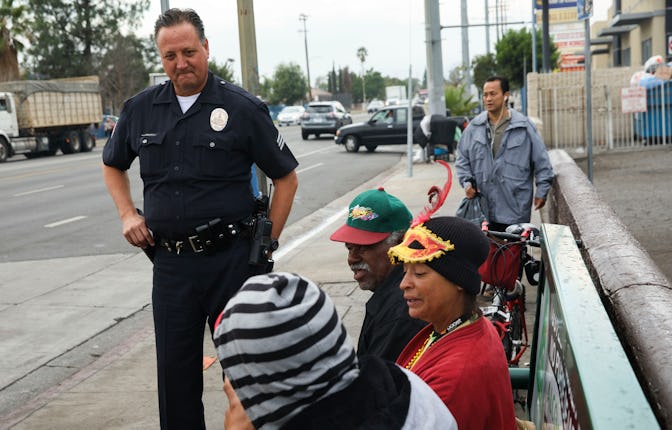Slacker’s Syllabus: Predictive Policing

Or at least, that’s what technochauvinism — the idea that tech is the solution to everything and computers are superior to people — wants you to believe.
The concept can be seen throughout society, including one particularly disturbing area: predictive policing. Need to figure out where to deploy police and when? Want to know who is “likely” to commit crimes, or even prevent crimes before they happen?
Throw an algorithm at it.
Proponents say making policing decisions via algorithms can solve crime faster, better, and without human error.
But predictive policing is technochauvinism at its worst.
As Artificial Unintelligence author and NYU professor Meredith Broussard said at Impact Labs’s 2018 Impact Summit, “We thought that [tech was the best solution] for a really long time, but we can look around now at the world we’ve created, and we can say it’s much more nuanced than that.”
So what exactly is predictive policing?